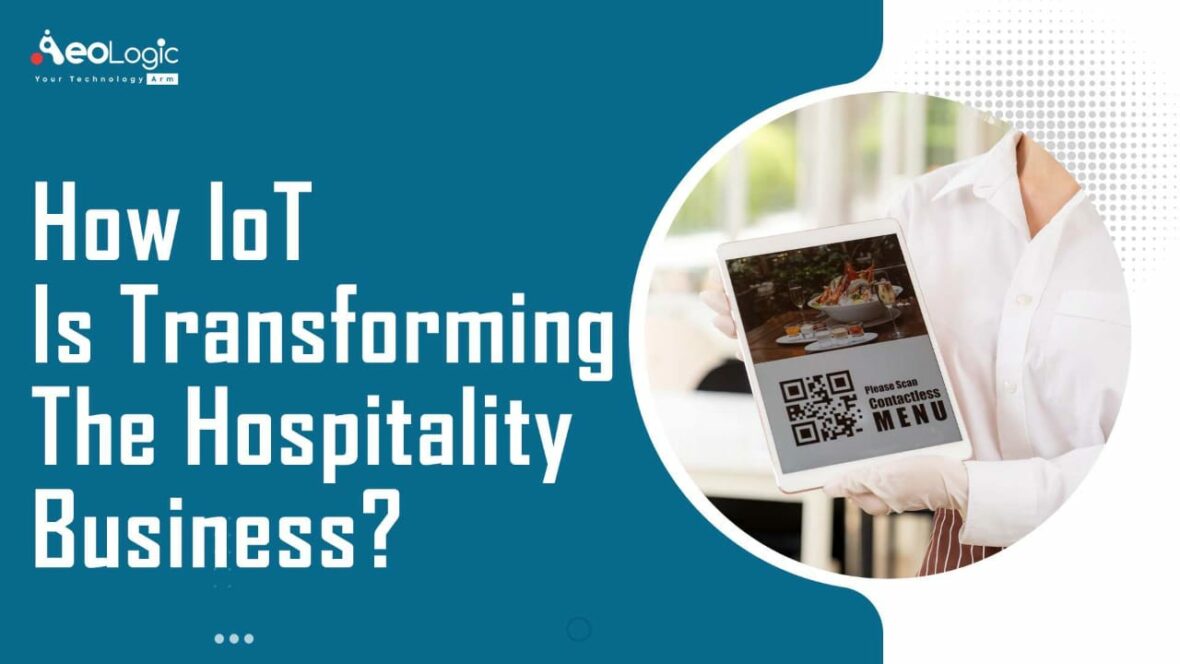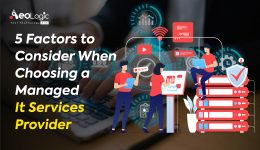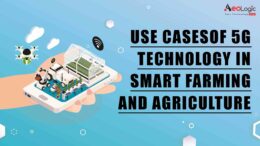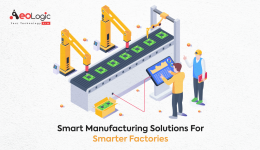The hospitality industry was affected by the COVID pandemic. Because of the government-imposed restrictions and lock-downs. The establishments such as restaurants, hotels, spas, etc., were forced to close down. This placed enormous economic stress on the sector. And several businesses were forced to close down their doors completely. As well as cut back on their staff considerably. Businesses need to implement next-gen technologies such as Cloud, A.I., and IoT to run their businesses. Moreover, it makes the functioning more smoothly and attracts more customers. Consequently, IoT transforming the hospitality business in exceptional ways. Most hospitality businesses are understanding the value of a coherent internal workflow in the post-pandemic era. Whilst efficiency and productivity are the most significant measure. Hospitality businesses comprehend that they can no longer avert digital transformation.
What do the Statistics Talk About?
Subsequently, the economic output of the hospitality sector in 2020 in the U.K. was 42% lesser than the pandemic numbers as per the stats. It was a substantial plunge for an industry that hires so many people. And as the world opened up in 2021 again, business owners were looking for methods. Therefore, to make up for the lost time. But one of the major tasks in front of them was attracting customers again. And to do that, they observed a digital transformation in other industries. In a study by Skift & Oracle, 75% of hospitality executives approved that the pandemic accelerated their adoption of technology. Since IoT transforming the hospitality business in several ways. Let us understand how the sector has achieved it.
Also read: How can the Internet of Things Transform Businesses?
IoT Transforming the Hospitality Business
IoT is a system of internet-enabled devices interacting over a wired or a wireless internet connection. Also sharing data and sending it back to the servers in real-time. The data is then used to produce critical insights, monitor and control devices, and create analytics reports. IoT also helps in automating processes. Such as data feeding to make the back-office work more streamlined. Also, IoT Implementation pushes toward remote management. All thanks to correctly installed IoT devices and sensors. In this case, hotel managers can remotely regulate lights, A.C., doors, etc., in any area of the hotel. This level of flexibility and ease can make the entire association a lot more well-organized and productive.
Benefits of IoT Transforming the Hospitality Business:
- IoT can be a great tool for the hospitality industry. A usual hotel automation system can regulate the security system, locks, doors, lights, HVAC systems, etc.
- Also, IoT can facilitate hotels and spas to deliver better and more unique experiences to their clients. Furthermore, IoT implementation also aids the market perception of your business. Thus, it makes you stand out from the rest of your crowd.
- With the help of a properly installed IoT management system, hotels can optimize their power utilization. For instance, by implementing room thermostats, CCTV cameras, and motion sensors, managers can identify the occupancy levels of a room. Based on this analysis, the manager can optimize the lights, HVAC, and other such facilities in the room. Thus, cutting down extra power consumption.
IoT Implementation in Hotels
For most industries, including the hospitality sector, there are three different types of IoT implementations.
- IoT-Based Alert System
It requires IoT sensors, Wi-Fi, and a well-designed backend portal. In a hotel, many small notifications need to be delivered to various people. And this is where IoT alerts can be advantageous. For example, the manager at the front desk who has a customer in front of him waiting eagerly for their room to be ready. After completion of the task, the manager can get an alert from the room-keeping staff. It removes the time it would have taken the worker to deliver the message to the manager personally. Thus, making the process a lot quicker.
- Hotel Automation
From data tracking and bookkeeping to automatic room cleaning requests, IoT can automate various processes. Modern HVAC systems are linked to motion sensors that can sense the occupancy of any room. Localization modules allow smart HVAC systems to regulate according to the room’s specific needs.
- Data Analytics
With the help of data analytics modules and advanced A.I. algorithms, hotels can become more productive. This is the most intricate implementation of IoT in the hospitality business. It entails proper data management and secure storage, analysis, and action. With the IoT sensors, robust AI-based smart hotel management software generates real-time data. Based on certain parameters, it raises alerts whenever needed. Additionally, A.I. can be used to examine customer behaviour and make better plans.
Also read: The Use of Technology in Management
Conclusion
IoT transforms the hospitality business to become much more efficient, productive, and profitable. By automating all the tedious tasks, managers improve internal workflows. Also, IoT helps hotels and other establishments provide better customer experiences. By streamlining their stay at their hotel, managers ensure repeated business and good reviews.
Connect with us at Aeologic Technologies in case you want to implement IoT into your business.
FAQs
What are the top IoT solutions for the hospitality sector?
The top IoT solutions for the hospitality sector are as follows
- Automated check-in
- IEQ monitoring system and smart HVAC
- Hotel Management Software Solutions
- Smart devices and appliances
- Customer experience enhancers
How can the hospitality sector leverage the IoT?
Hotel managers and maintenance staff benefit hugely from the data collection possible with IoT hotel rooms. For example, IoT-enabled sensors can generate real-time data about individual rooms. Such as occupancy information, lighting, and energy consumption, plumbing systems, and water usage






